
In the United States, heart disease is the leading cause of death. Statistically, around 1 in every 4 people dies from some type of heart disease, including heart attacks and strokes.
Cardiac disease is mostly a lifestyle disease, which means many people can reduce their risk of heart disease by making lifestyle changes. Sometimes tweaking food can be enough to slow heart disease or even reverse it.
The best foods for your heart and arteries are generally high in fiber or other nutrients, such as fatty acids. Most have a pronounced effect on LDL cholesterol levels, and some can even help repair arterial walls.
If you’re interested, read through this list of these 10 best foods for your heart and arteries. At the end of this article, I’ll share a few meal ideas that allow you to combine some of the foods on this list for the best results possible.
Hearty Foods For Artery-Friendly Meals
- Garlic
- Pomegranate Juice
- Fatty Fish
- Spirulina
- Asparagus
- Cinnamon
- Chia Seeds
- Broccoli
- Turmeric
- Beans and Legumes
Garlic
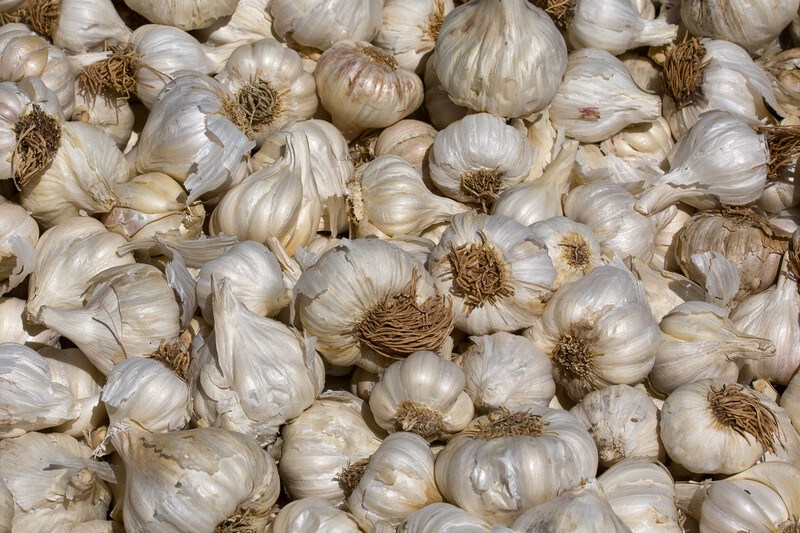
Garlic has been touted as a superfood for a long time now. Besides its ability to fight off disease, garlic has some interesting health benefits that can help the circulatory system.
Eating garlic has been shown to stop the progression of heart disease. This is partly because of garlic’s effect on cholesterol. It can lower the overall cholesterol total, as well as reducing the total amount of LDL cholesterol and LDL oxidation. It also changes the way platelets in the blood aggregate, so they don’t clump together quite as easy to clog the arteries. People who eat garlic might also experience lower blood pressure.
One interesting thing about garlic is it’s packed with antioxidants that combat oxidative stress. Garlic has also been shown to improve athletic performance and memory.
Besides being a nutritious food, garlic is flavorful, and many recipes for side dishes and main dishes include it as an ingredient. People who don’t like the prolonged effects of garlic on the breath might prefer to take garlic extract or capsules.
Pomegranate Juice
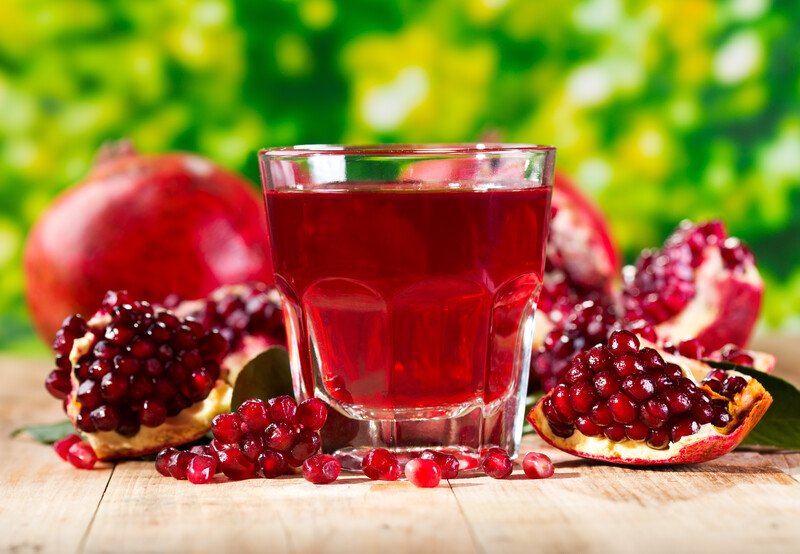
Pomegranate juice is packed with antioxidants and nutrients that have a protective effect on the heart and the arteries. One especially interesting characteristic of pomegranate juice is that it seems to keep arteries from thickening and getting stiff, and it may even reverse the hardening of the arteries. It also helps keep blood flowing healthily and blocks the buildup of cholesterol and fats in blood vessels.
It’s good for inflammation generally, so it can also help with issues like arthritis and inflammatory bowel diseases like Crohn’s disease. It’s also been studied for its ability to lower blood sugar, prevent Alzheimer’s disease, help prevent cancer, and decrease insulin resistance.
Pomegranate juice gets its health benefits from its rich vitamin components, including vitamins C, E, and K. This food is also high in folate, potassium, and special antioxidants called polyphenols, which give pomegranate juice its dark red color. You can always order fresh pomegranate online so stocking up should be the least of your concern.
Fatty fish

Because inflammation can damage blood vessels, which can lead to heart attacks and strokes, it’s important to keep inflammation as low as possible through natural means. Fatty fish can help because they contain high levels of omega-3 fatty acids.
These fatty acids decrease triglycerides in the bloodstream, help to lower blood pressure, promote a healthy heart rhythm, and reduce blood clotting. Overall, they protect the health of the blood vessels and help prevent heart attacks and strokes.
Fatty fish include cold-water fish such as tuna, herring, salmon, lake trout, sardines, and mackerel. The American Heart Association recommends eating fatty fish at least twice a week. One serving of fatty fish is around 3.5 ounces or around ¾ cup. Baking, steaming, and poaching fish are the best cooking methods for preparing fish for cardiac patients.
As a side note, the omega-3 fatty acids found in fatty fish can also help prevent cancer and arthritis.
Spirulina
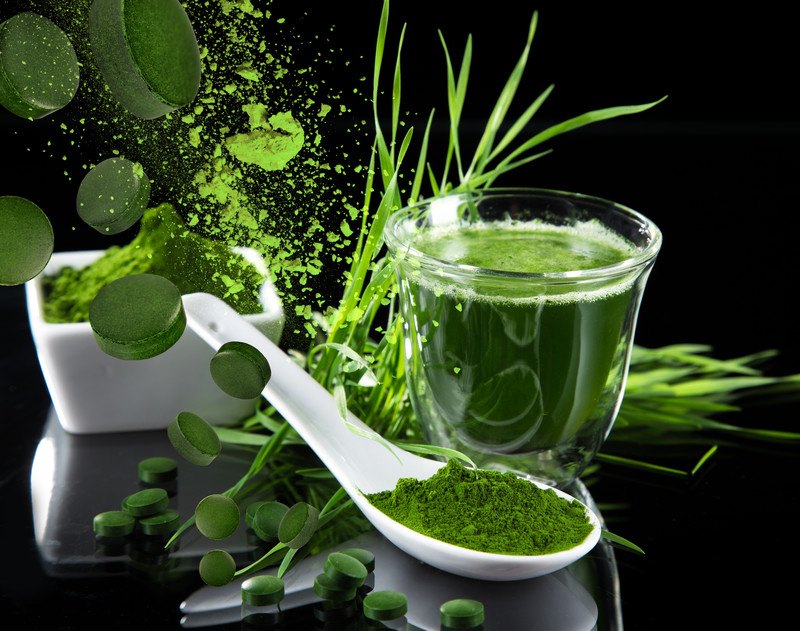
Spirulina is a cyanobacteria that grows in warm, alkaline lakes. It provides a number of health benefits, including the ability to help flush out toxins like heavy metals.
It can also be helpful for preventing cancer, and it could help relieve the symptoms of seasonal allergies. Some studies show it could also aid in blood sugar control. When it comes to heart disease, spirulina can help lower bad cholesterol while raising good cholesterol, and it helps reduce blood pressure. It also helps prevent the oxidation of LDL cholesterol. Since oxidized LDL cholesterol speeds up the formation of plaque in the arteries, eating spirulina could help keep the arteries clear.
Spirulina’s health benefits come from its high levels of vitamins, including several B vitamins, as well as several minerals and a compound called phycocyanin, which gives spirulina its color.
Asparagus
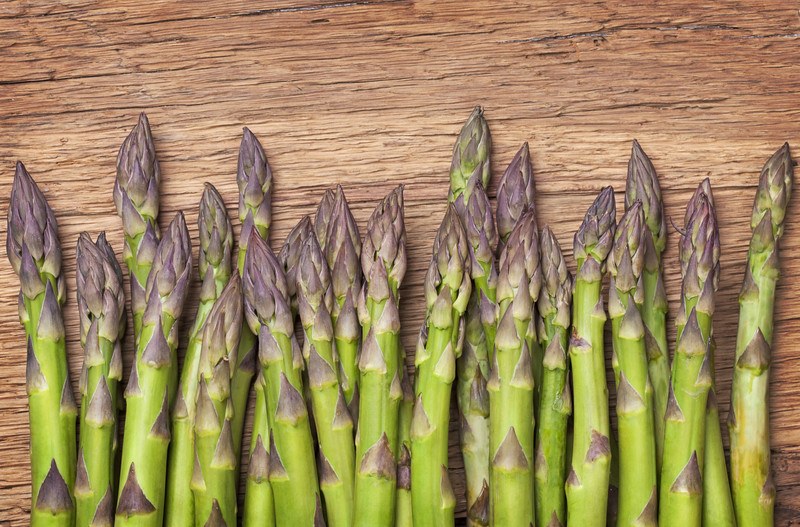
Asparagus is a green, spear-like vegetable that grows early in the spring. It’s harvested before its green or purple heads leaf out into branches, and the stalks are often eaten steamed, boiled, roasted, or grilled.
Asparagus is a high-fiber food. One half-cup serving contains 7% of the recommended daily allowance of fiber. Because of its high fiber content, asparagus can help aid digestion, improve gut health, and reduce the risk of high blood pressure, heart disease, and diabetes.
Asparagus also has a natural diuretic effect, which can help ease blood pressure levels. It’s high in folate, too, which keeps an amino acid called homocysteine from accumulating. High levels of homocysteine can damage artery walls.
Other health benefits associated with asparagus include high levels of antioxidants and anti-inflammatory compounds, which both help fight heart disease. It’s also got a detoxifying effect that can combat or protect against some types of cancers.
Cinnamon
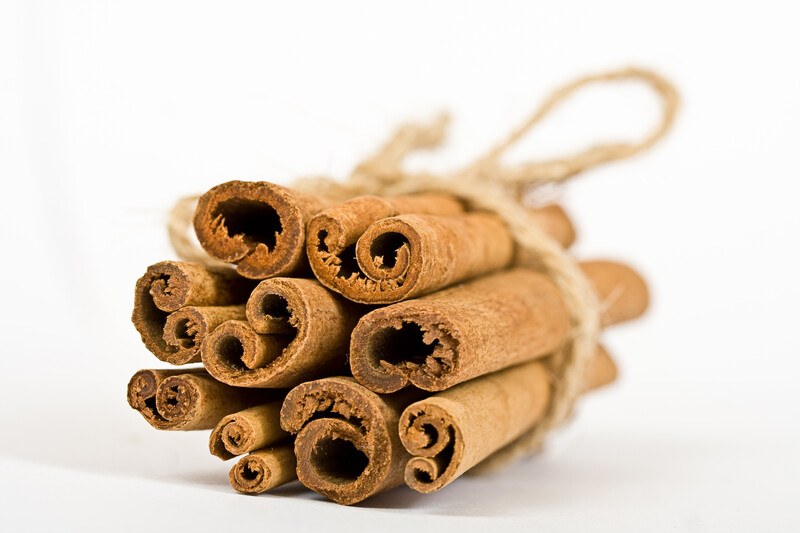
Cinnamon is a warm spice derived from the bark of cinnamon trees. This spice is often used in dessert recipes like apple pie and gingerbread. It’s also got a plethora of health benefits. Some of the most well-known effects of taking or consuming cinnamon include managing blood sugar levels and lowering insulin resistance.
These benefits can be extremely helpful for diabetics, who are at risk for heart disease, but cinnamon also has other properties that help fight heart disease. About half a teaspoon of cinnamon, taken daily, can reduce bad cholesterol, overall cholesterol, and triglycerides. Some studies also show that cinnamon can increase the levels of good cholesterol, and it may help reduce blood pressure, too.
There are various ways to eat cinnamon – you can easily mix it into applesauce, oatmeal, and even brownie batter. However, people who don’t want to consume cinnamon in their foods can take it in capsule form.
Chia Seeds
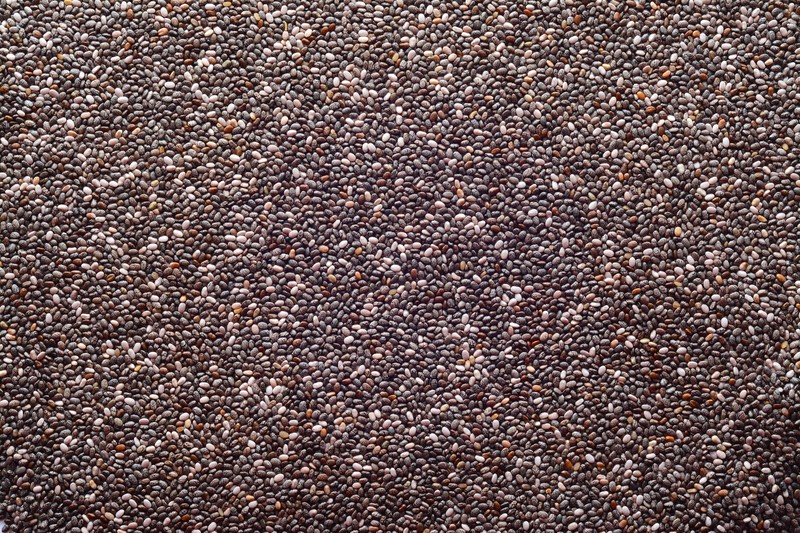
Chia seeds are the tiny, black seeds of a mint plant that’s native to Mexico. These seeds have often been touted as superfoods because they’re high in protein, fiber, and omega-3 fatty acids.
As with fish, the omega-3 fatty acids found in chia seeds help lower blood pressure, reduce blood clotting, and help maintain the overall health of the heart and arteries. The high fiber content helps keep arteries clean, too. One ounce of chia seeds contains 11 grams of fiber. That’s around a third of the recommended daily allowance.
Chia seeds are high in other nutrients, as well. One ounce of chia seeds contains 30% of the recommended daily intake for both manganese and magnesium. This is important because low magnesium levels have been linked to heart disease risk factors such as high blood pressure, calcification of soft tissues, the buildup of plaque in the arteries, and the hardening of the arteries.
Broccoli
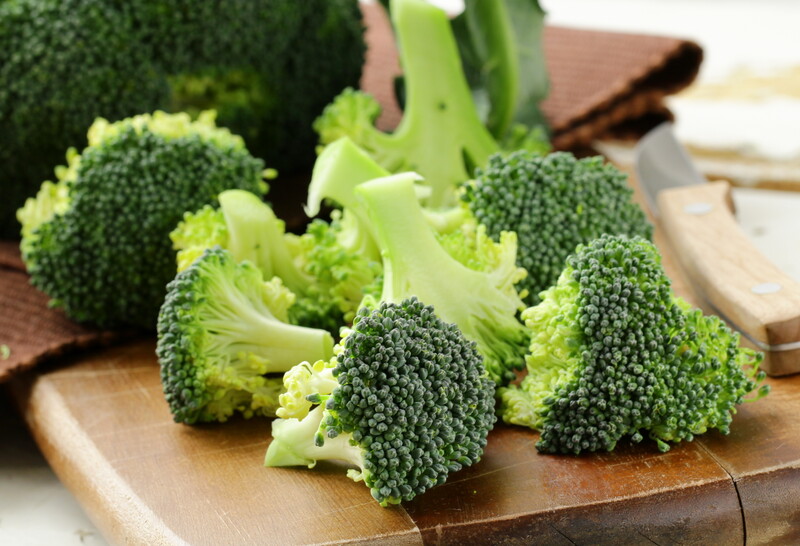
Broccoli is a green cruciferous vegetable that contains several nutrients, including potassium, which is necessary to keep a healthy heart rhythm. It’s high in folate, fiber, phosphorus, selenium, and vitamins K, E, and C, and it’s packed with antioxidants that help keep inflammation down.
The sulforaphane found in broccoli and other cruciferous vegetables can help lower cholesterol levels. Some studies have shown that taking broccoli powder increases good cholesterol levels while lowering bad cholesterol levels and triglycerides. Broccoli extract could also help people through oxygen deprivation, which can happen during a heart attack.
Broccoli also has the ability to lower both insulin resistance and blood sugar levels, and it may help prevent some types of cancer. Other cruciferous vegetables, including kale, cabbage, and brussels sprouts, also contain sulforaphane and many of the same nutrients, so they could also be helpful for fighting or preventing heart disease.
Turmeric
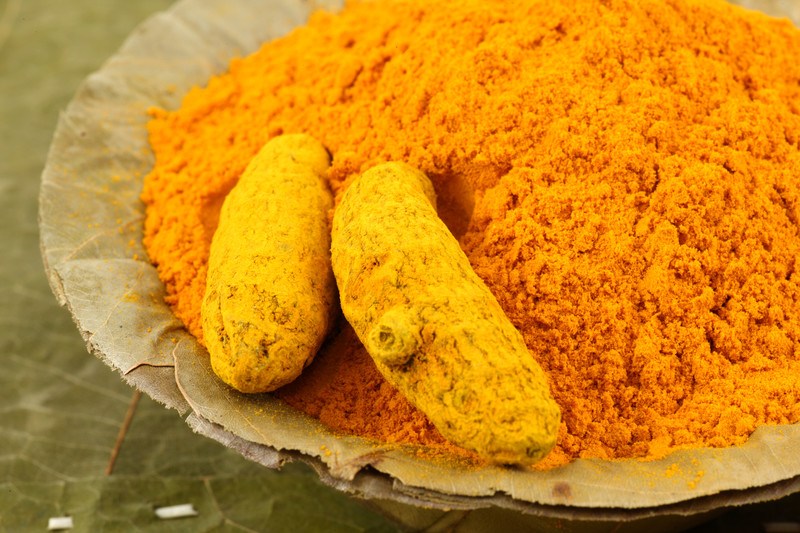
Turmeric is a root herb similar to ginger, and it’s often used as a flavoring in yellow curry. It’s also well known for its medicinal properties. Traditionally, turmeric has been used to treat everything from depression and arthritis to gall bladder problems and bronchitis.
Turmeric contains a compound called curcumin, which gives turmeric many of its health benefits. It’s known to fight cancer and help with arthritis. Because turmeric contains potent antioxidant and anti-inflammatory properties, it makes sense that it could help prevent heart disease, too.
Some effects are particularly stunning. For example, consuming turmeric can improve the condition of artery walls, which can reverse heart disease over time. It also lowers LDL cholesterol, and it can reduce the number of heart attacks that heart bypass surgery patients experience.
Beans and Legumes
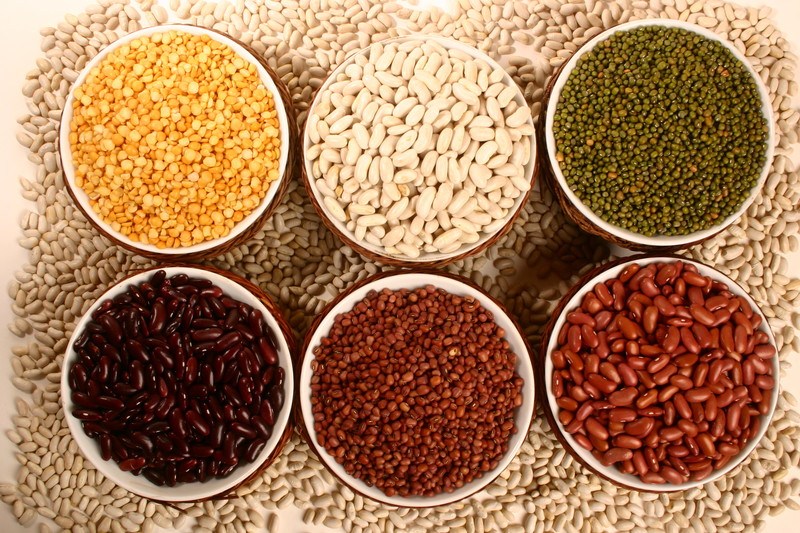
Beans and legumes are fairly high in carbohydrates, but they’re also significantly high in fiber, which can help prevent heart disease. Soluble fiber that is found in beans is great for lowering bad cholesterol levels, and the fiber could also help lower blood pressure and inflammation.
There are different types of legumes and many of which are also high in zinc, an essential micro-element that can help maintain the health of the artery walls and monitors oxidative stress. A 100-gram serving of lentils contains around 12% of the recommended daily intake for zinc.
Beans and legumes are also natural sources of potassium, and they can contribute to a lifestyle that manages blood pressure and other heart disease risk factors. One interesting study showed that eating half a cup of beans every day decreased the risk of having a heart attack by 38%.
Five Hearty Meal Ideas For Managing Heart Health
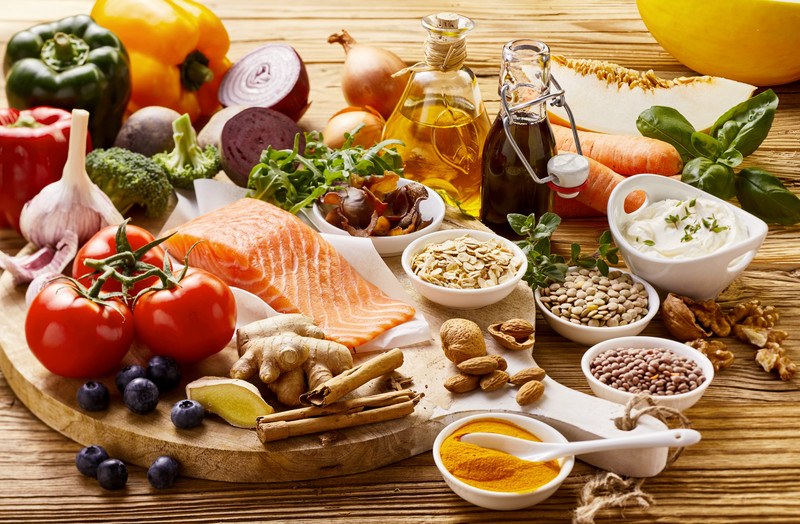
Now that you’ve read through the list of the 10 best foods for your heart and arteries, I’m going to share a few ideas of meals you can create that are simple, inexpensive, nutritious, and absolutely delicious.
Salmon And Asparagus
Grill salmon steaks and asparagus, and serve them together with a glass of pomegranate juice. The mixture of antioxidants, anti-inflammatory properties, and omega-3 fatty acids will be wonderful for your heart and arteries.
Yellow Curry
Yellow curry contains turmeric, which has the surprising affect of being able to reverse damage to the artery walls. You can increase its heart-healing potency by adding in garlic, beans or legumes, and cruciferous veggies like broccoli.
Cincinnati-Style Chili
Chili is an easy bean dish that can be made from red beans or pinto beans in a tomato base. It is often flavored with garlic, as well as chili powder and onions. Cincinnati-style chili goes a step further and ads in the heart-healthy spice cinnamon.
Beef with Broccoli And Garlic Sauce
This recipe combines beef schnitzel with broccoli and garlic sauce. It’s a healthier version of the beef schnitzel and fries that are popular in Europe. The zinc from the beef, along with the fiber and nutrients in the garlic and broccoli, could make this a fantastic heart-healthy meal.
Chia Flour Pizza
People at risk for heart disease and those who want to eat gluten-free meals could enjoy this homemade pizza crust. It’s made from the superfood chia seeds. A minced garlic dipping sauce or topping sauce could increase the heart-healthy nutrients even more.

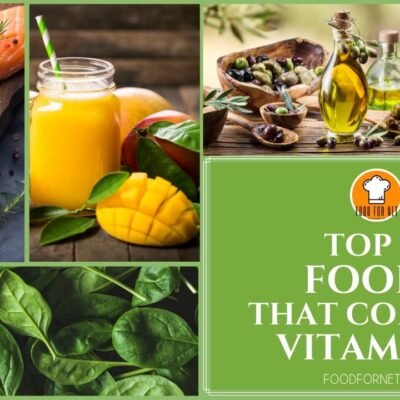

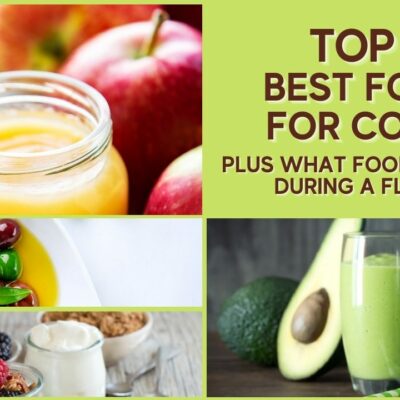
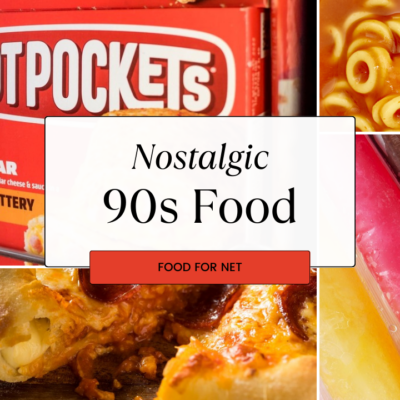
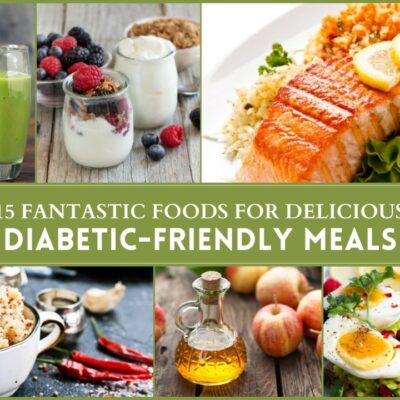
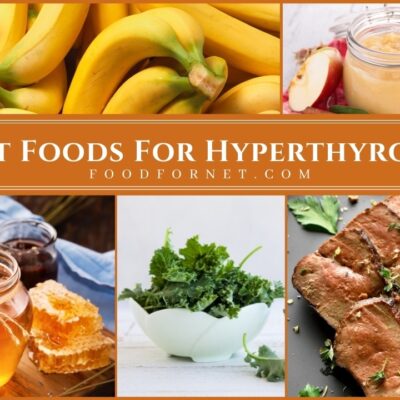
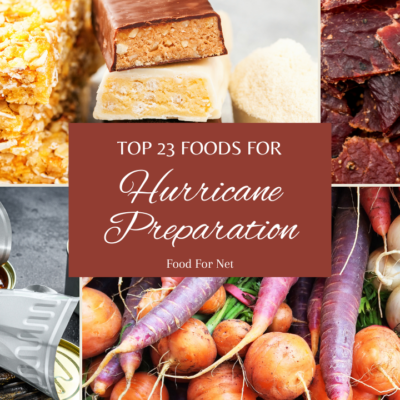


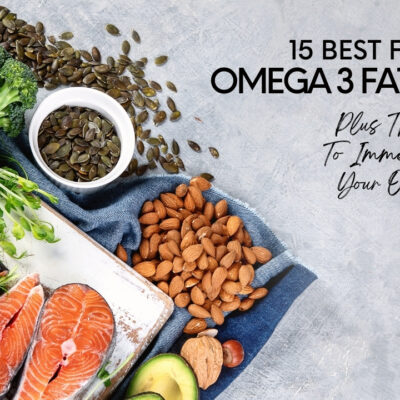

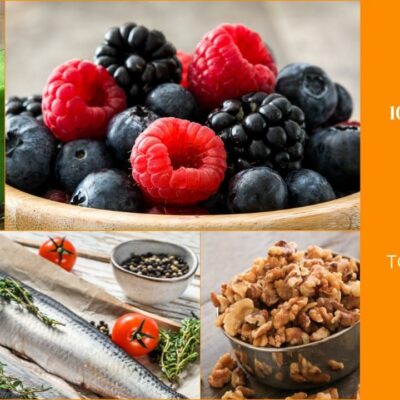

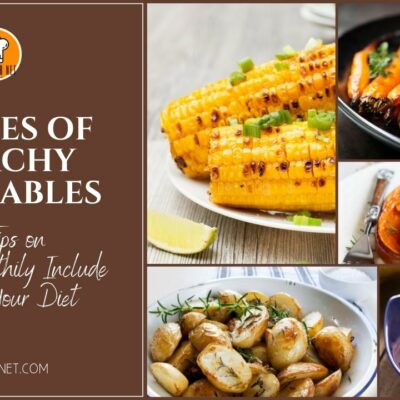
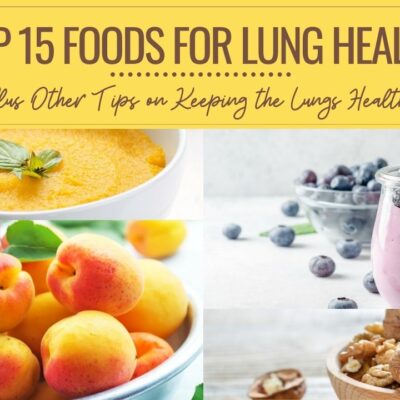
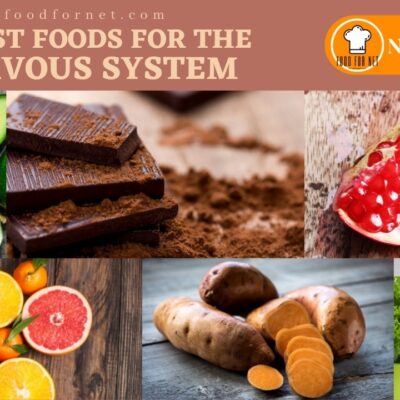
 Vietnamese Drinks That Are Interesting, Unusual, And Delicious
Vietnamese Drinks That Are Interesting, Unusual, And Delicious
Leave a Reply